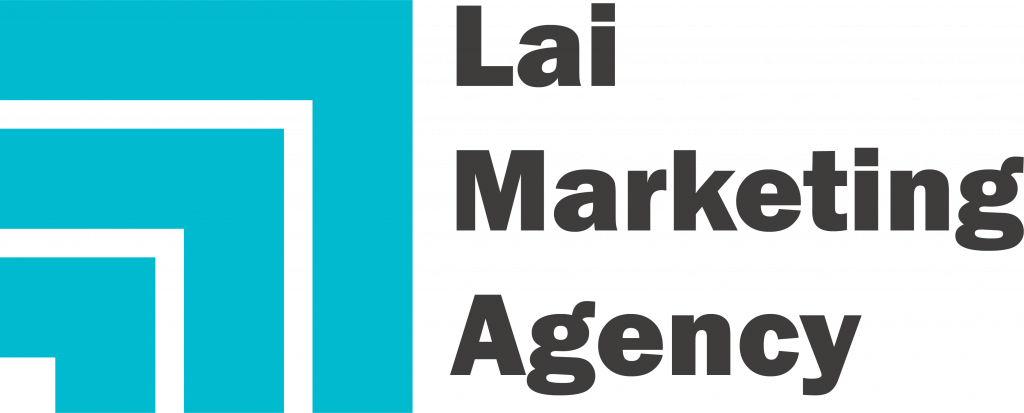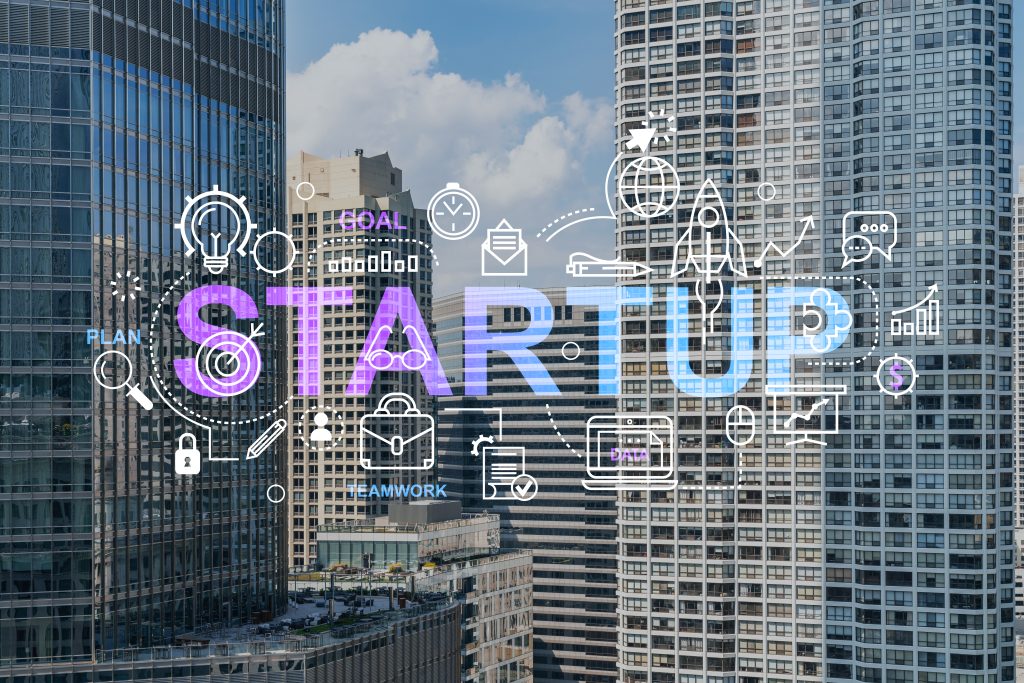Imagine you have a brilliant idea for a product or service that can solve a real problem for millions of people in Sub-Saharan Africa. You have the passion, the skills, and the resources to turn your idea into reality. You launch your startup and expect to see huge demand and a positive impact.
But then something goes wrong. Your product or service fails to attract customers or investors, as I have already discussed this scenario here. You struggle to understand why. You wonder what you did wrong. You feel frustrated and discouraged.
This is a common scenario for many startups in Sub-Saharan Africa, a region with a huge potential market of 960 million people, most of whom are young and tech-savvy. However, this market also poses many challenges, such as low purchasing power, cultural diversity, infrastructure gaps, and regulatory barriers.
So, how can you succeed in this market? How can you create a product or service that people actually want and can afford? How can you stand out from the competition and win the trust of customers and investors?
The answer is simple: You need to listen to your customers. Not just what they say, but what they mean. Not just what they want, but what they need. Not just what they can pay, but what they value.
Sounds easy, right? But how do you do that?
Let me tell you a story of two startups that did it right. Two startups used one simple trick to crack the code of sub-Saharan markets. Two startups that are now making a difference in the lives of millions of people.
Meet Jaza Energy and Kopa Gas. Both startups are based in Tanzania, and both provide clean and affordable energy solutions to low-income households. Jaza Energy offers solar-powered battery stations that charge mobile phones, power lights, and radios. Kopa Gas offers smart LPG cylinders that allow customers to pay for gas as they use it and monitor their consumption and refill status via an app.
Both startups have a lot in common. They both use emerging technologies such as IoT, cloud computing, and AI to deliver their services. They both operate in a sector that has a huge social and environmental impact. They both have won several awards and recognition from different parts of the world, especially from the West.
But what sets them apart from many other startups in Sub-Saharan Africa is their revenue model. They both use a fee-for-service model, also known as pay-as-you-go, to generate revenue from their customers. This means that customers pay a per-unit price for the product or service instead of buying it upfront or paying a subscription fee.
Why is this model so effective? Because it aligns with the needs and preferences of their target market. It allows customers to access a high-quality product or service that they otherwise could not afford. It also gives them flexibility and convenience, as they can pay only for what they use and when they need it.
But how did these startups come up with this model? How did they know that this was what their customers wanted and valued?
The answer is simple: they listened to their customers. Not just what they said, but what they meant. Not just what they wanted, but what they needed. Not just what they could pay, but what they valued.
Jeff Schnurr, the CEO of Jaza Energy, recently shared the secret behind his startup’s success. He said that the biggest mistake they made in their early days was to listen to what their customers wanted but not to what they were saying. He said that they learned to hear their customers’ inner voices instead of staying in labs and designing solutions for them.
This is the key takeaway from this story. If you want to succeed in sub-Saharan markets, you need to listen to your customers. You need to understand their pain points, their aspirations, their behaviours, and their values. You need to create a product or service that solves their problem, fulfils their desire, fits their lifestyle, and delivers value.
This is the one simple trick that Jaza Energy and Kopa Gas used to crack the code of sub-Saharan markets. And this is the one simple trick that you can use too.
So, what are you waiting for? Start listening to your customers today and see the difference tomorrow.


2 thoughts on “How Two Startups Cracked the Code of Sub-Saharan Markets with One Simple Trick”
Having read this I thought it was rather enlightening.
I appreciate you taking the time and effort to put this article together.
I once again find myself spending way too much time both reading and
posting comments. But so what, it was still worthwhile!
Thank you for your feedback. I’m glad you enjoyed reading my article and found it enlightening. I appreciate you spending your time and sharing your thoughts with me. It means a lot to me that you found it worthwhile. I hope you will visit our blog again and find more interesting and useful content. Have a great day! 😊